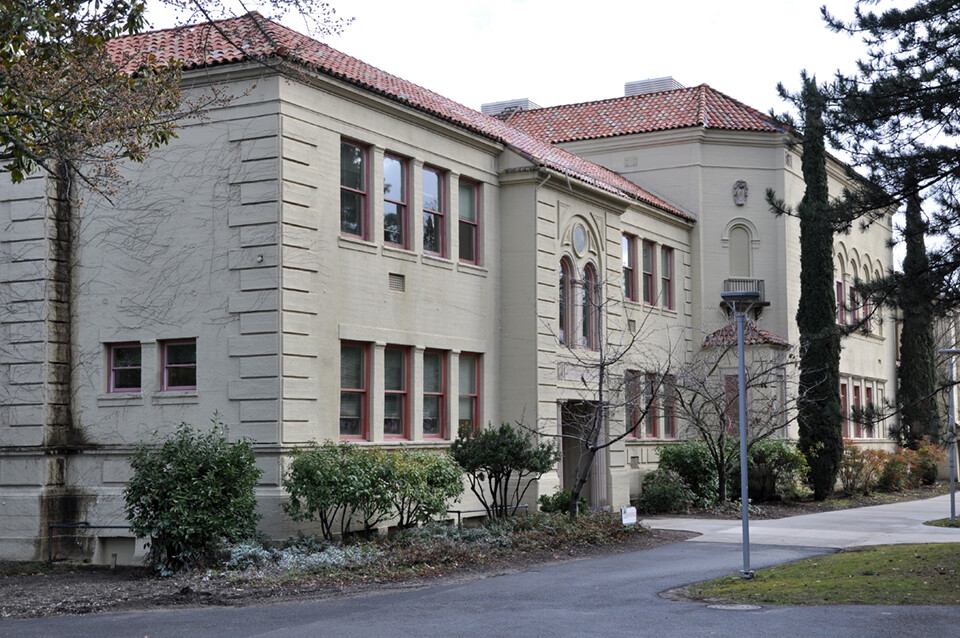Residents Invited to Become Students at SOU Climate Change Course

ASHLAND, Ore. — For 10 weeks, residents can sit alongside students and study climate changes taking place in their backyards. They can return to student life at Southern Oregon University (SOU) and examine issues like the scientific understanding of climate change and global warming caused by humans, and the consequences and projections of regional climate trends.
The course forms part of the Environmental Science Policy and Sustainability program.
Understanding the Impact of Global Warming Caused by Humans
In an innovative move, Southern Oregon Climate Action Now (SOCAN) invites the public to become students for 10 weeks when it presents a course on climate change at Southern Oregon University (SOU). The course will be held every Wednesday and offers a unique insight into local climate change patterns. Aptly named ‘Living with climate change in the Rogue Valley,’ the course will cost in the region of $100 but is free to residents over 65 years.
Scholarships are available to non-students here: https://socan.eco/living-with-climate-change/. SOU students must use Course Registration #CRN-6760 to sign up.
The course will be presented by SOCAN’s co-facilitator, Dr. Alan Journet, and runs from April 3 to June 5 from 5.30 to 8.30 pm at the Science Building on the SOU campus. Dr. Journet says anyone can learn the science and consequences driving global warming, and that is the reason why it has been decided to throw open the course to the public. He says that through education, the global climate crisis trajectory can be altered.
Addressing Key Global Warming Issues
Some of the issues that will be examined according to the preliminary course schedule are:
Week One – an introduction to climate change basic science will examine questions like what is the difference between weather and climate, and what is the scientific understanding of climate change and global warming caused by humans?
Week Two – communication on local climate projections and alternatives, such as consequences and projections of regional climate trends.
Week Three – what are the US and global trends on renewable energy, what can be done to reduce Greenhouse Gas (GHG) and to increase reduction efficiency, and what is the impact of GHG emissions on Oregon and the US?
Week Four – does climate change affect human mental and physical health?
Week Five – examines natural land-based systems, probing questions such as the interaction between climate and forests, and the regional projections and trends for wildfire.
Week Six – how is water distribution on Earth affected by climate change, and how are Rogue Valley’s water sources managed?
Weel Seven – how will water reduction influence private gardens, landscaping and agriculture, and how will an increase of CO2 in the atmosphere impact agriculture?
Week Eight – how does transportation GHG emission impact at both local and global levels?
Week Nine – how can individuals contribute to a reduction of GHG emissions?
Week Ten – Overview and wrap-up of the course, including collective and personal actions that can be taken to make a significant change to the global warming trajectory.
References
https://socan.eco/living-with-climate-change/

Comments are closed.